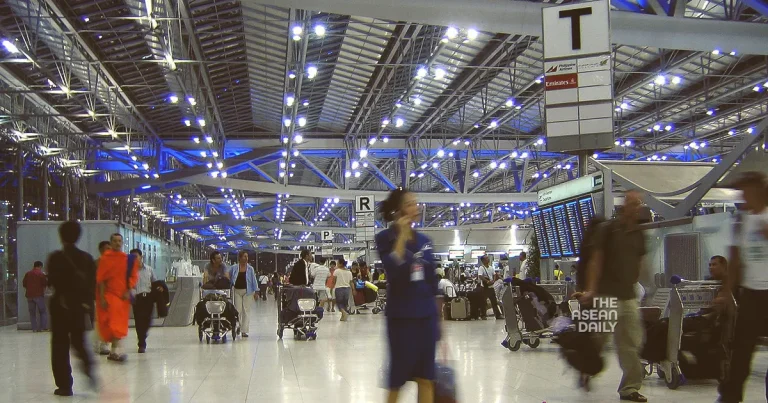15-5-2024 (BANGKOK) The Thai cabinet has sanctioned a special 10-year visa for executives and experts working within the Eastern Economic Corridor (EEC), aiming to bolster the development of key industries in the region.
Following a mobile cabinet meeting in Phetchaburi province on Tuesday, Deputy Government Spokeswoman Rudklao Intawong Suwankiri announced the approval of the EEC Office’s proposal for the EEC visa. This initiative seeks to attract specialists across various fields to contribute to the corridor’s growth.
The visa, valid for a decade, allows for multiple entries and exits, contingent upon the duration of the employment contract. Initially, it permits stays in Thailand for up to five years.
The EEC visa is divided into four categories: (1) specialists (EEC Visa “S”), (2) executives (EEC Visa “E”), (3) professionals (EEC Visa “P”), and (4) spouses and dependents (EEC Visa “O”).
Additionally, specialists residing and working in the EEC will benefit from a preferential personal income tax rate of 17%, significantly lower than Thailand’s current progressive tax rate, which peaks at 35%.
Mrs. Rudklao indicated that the EEC visa is expected to promote targeted industries and enhance Thailand’s national competitiveness.
In another significant development, Prime Minister Srettha Thavisin has directed the Agriculture and Cooperatives Ministry to formulate a comprehensive plan to upgrade agricultural infrastructure. The goal is to transform Thailand into a regional farming and food hub, potentially tripling farmers’ incomes.
Government Spokesman Chai Wacharonke, speaking after the cabinet meeting, noted that this directive aligns with Thailand’s ambition to become a key player in global agriculture and food security. The prime minister has tasked various agencies with completing related project plans by the end of May, with detailed announcements from the Agriculture and Cooperatives Ministry expected by month’s end, followed by expedited implementation in June.
The proposed infrastructure improvements include developing Thailand into a global centre for plant genetics, enhancing water retention, drainage, and irrigation systems, and accelerating the development of agricultural water sources. Additionally, soil testing and the promotion of appropriate fertiliser use are key components of the plan.
Other urgent measures include addressing agricultural burning using satellite technology, managing cassava diseases, and promoting high-income crops like coffee and cocoa to reduce highland burning.
The cabinet also endorsed a memorandum of understanding (MoU) between Thailand and Saudi Arabia to enhance agricultural cooperation. This agreement aims to foster collaboration and mutual growth in the agricultural sectors of both nations.
These initiatives underscore Thailand’s commitment to advancing its economic and agricultural sectors, ensuring sustainable development and increased competitiveness on the global stage.




